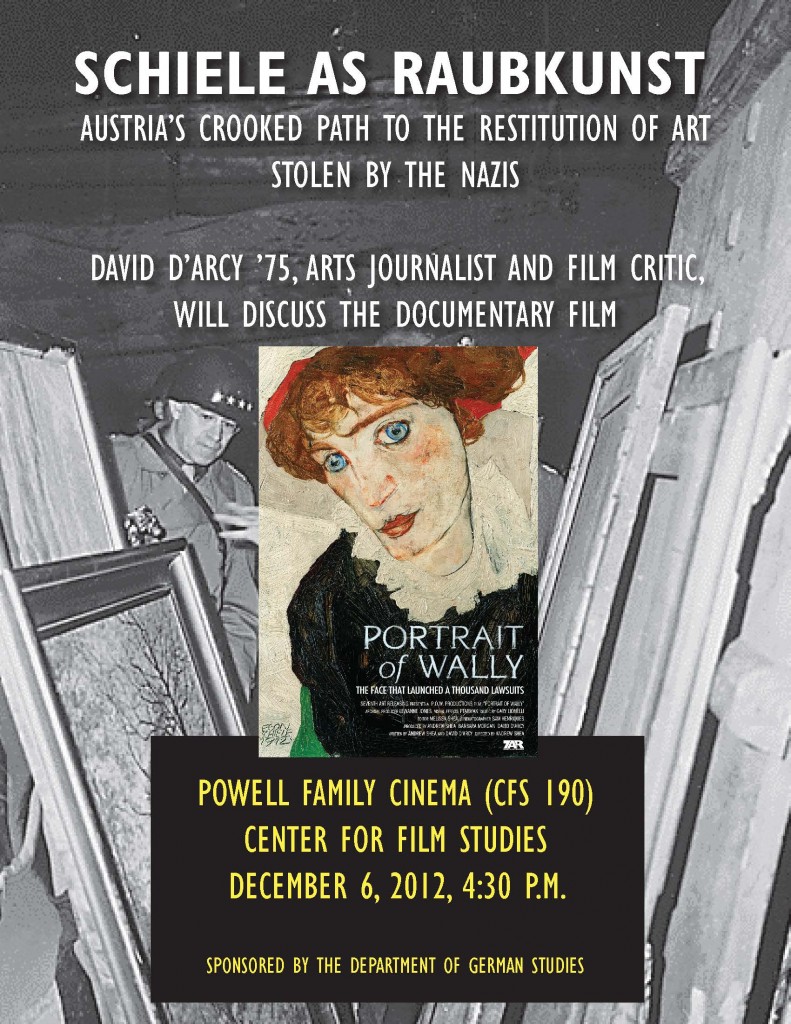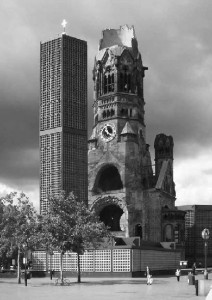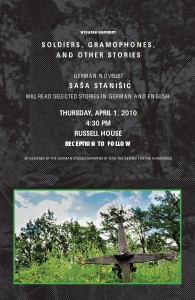Several German authors, works and themes will be presented at this year’s annual conference of the Northeastern American Society for 18th Century at Wesleyan University on October 12 and 13.
Friday, 12 — 9:00 – 10:30 a.m.
The Imagination and Sociability in German Literature …………………………………………………………… Wyllys 115
Chair: David Pugh (Queen’s University)
Andrea Speltz (University of Guelph):“Imaginative Compassion in Christoph Martin Wieland’s Die Geschichte des Agathon”
Paola Mayer (University of Guelph): “Einbildungskraft as Creator of Einbildung: E.T.A. Hoffman’s Die Räuber”
Dennis Mahoney (University of Vermont): “Joseph von Eichendorff and the Domestication of the Romantic Imagination”
Edward Larkin (University of New Hampshire): “Imagining the Social Individual: C.W. Frölich’s Über den Menschen und seine Verhältnisse”
Friday, 12 — 2:00 p.m. – 3:30 p.m.
Open Panel on Enlightenment Philosophy …………………………………………………………… Usdan 108
Chair: Lucy Guenova (Wesleyan University)
James J. Caudle (Yale University): “‘Sociability and other Cruel Sports’: James Boswell Among The Soaping Club and The Criticks”
Charlotte M. Craig (Rutgers University): “Ambivalent Traits in Gotthold Ephraim Lessing’s Image: Enlightener, National Author, Patriot, Cosmopolitan, Freemason”
Michael Printy (Wesleyan University): “‘Revolutions of the Spirit’: The Protestant Enlightenment and the Rise of German Philosophy”
Catherine Keohane (Montclair State University): “Seeing Oneself in(stead of) the Poor: Charity and Imaginative Substitution”
Satuday, 13 — 10:45 a.m. – 12:15 p.m.
Sense and Sociability in France and Germany …………………………………………………………… Wyllys 110
Chair: Edward Larkin (University of New Hampshire)
Masano Yamashita (University of Colorado): “Enlightenment Conceptions of Commonality: French Questionings of the Public Nature of Aesthetics”
David Pugh (Queen’s University): “Social Anxieties in German Asthetics”
Mark Ilsemann (University of Virginia): “‘Everyone has […] Their Own Way of Seeing’: The Science of Optics (and its Metaphors) in Georg Forster’s Anthropology”
Satuday, 13 — 2:00 p.m. – 3:30 p.m.
Genius ……………………………………………………………………………………………………………………. Wyllys 112
Chair: Ulrich Plass (Wesleyan University)
Sarah Eron (University of Rhode Island): “Fielding’s Muse: Inspiration, Genius, and the Dialogic Novel”
Amelia Bitely (University at Buffalo): “‘His name consenting crowds repeat’: The Exhortations and Praise of Genii Loci”
Lorraine Piroux (Rutgers University): “Imagining the Social Genius: Possession and Self-‐Possession in Diderot’s Paradoxe sur le comedien”
Joseph Drury (Villanova University): “The Machine in the Ghost: Ann Radcliffe’s Music”




















